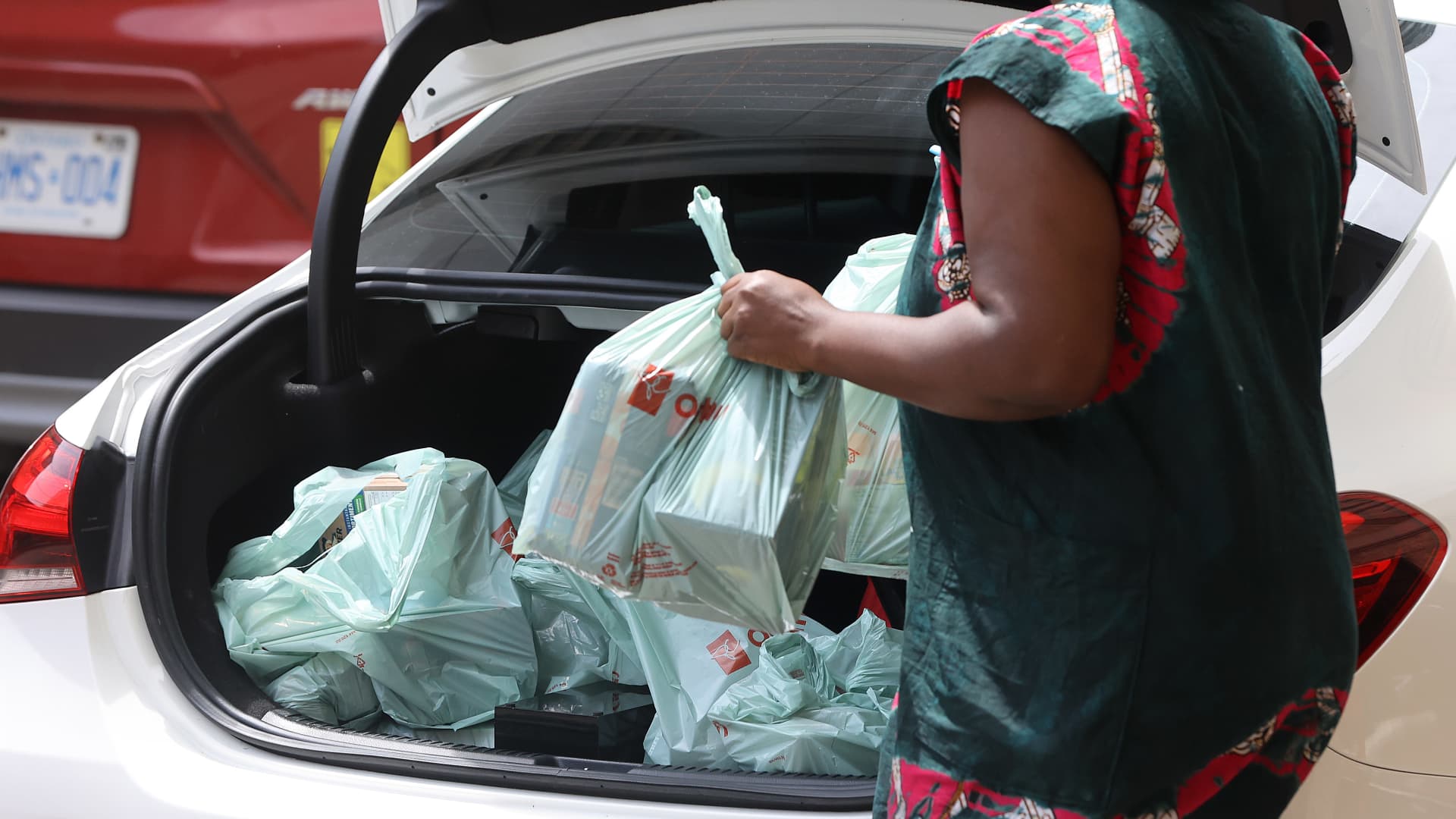Toyota Teams Up With Redwood Materials For EV Battery Recycling

Toyota and Redwood Materials are entering into a new battery recycling program. To listen to reactionaries tell it, the batteries in older EVs just get chucked into landfills when they are no longer suitable for powering an electric car. One person stated categorically online recently that EV owners just drive their old cars into a lake when the batteries need replacement.
If you only listen to Faux News, you can be forgiven for your ignorance, since it spouts nothing but lies supplied by fossil fuel companies and other benefactors 24 hours a day, 7 days a week. The rest of us know the truth, which is that 95% of the materials in the battery of an electric car can be reclaimed and recycled to make new batteries.
Former Tesla CTO JB Straubel is the head of a new company devoted to battery recycling, called Redwood Materials. In a press release on June 21, Toyota announced that it has entered into a cooperative agreement with Redwood to help it recycle the batteries from its self-charging hybrid cars and plug-in hybrid vehicles sold to customers in North America.
Toyota says the new arrangement will focus on the collection, testing, and recycling of batteries into raw materials to create a sustainable supply chain. In the near future, the two companies will expand into other areas such as battery health screening and data management, remanufacturing, and battery material supply throughout North America.
“We are excited to be working with Redwood Materials to identify solutions for our electrified powertrains at the end-of-life that contributes to our vision of creating a sustainable, circular battery ecosystem,” said Christopher Yang, group vice president of Business Development at Toyota. “We are committed to developing sustainable solutions that allow our batteries to provide value beyond the initial life cycle in an electrified vehicle. This also contributes to our carbon neutrality goals and our mission to build a more sustainable world for all.”
Redwood Materials is reducing the environmental footprint and cost of lithium-ion batteries by offering large-scale sources of domestic anode and cathode materials produced from recycled batteries. Redwood receives more than 6 gigawatt-hours (GWh) of end-of-life batteries annually for recycling, which are then refined and remanufactured into critical battery materials.
The company plans to ramp production of anode and cathode components in the US to 100 GWh annually by 2025 — enough to produce more than one million electric vehicles a year. Together, Toyota and Redwood will investigate ways to seamlessly incorporate battery recycling through domestic battery materials manufacturing into Toyota’s battery production strategy, beginning with North America.
“Toyota helped pave the way for clean transportation with the introduction of the Toyota Prius more than 20 years ago. Their commitment not only to sell millions of electrified vehicles this decade but to ensure their circularity into the future is a critical step for electrification,” said JB Straubel. “Redwood and Toyota’s shared vision to drive down the environmental footprint and cost of transportation will continue to accelerate the adoption and access to electric vehicles.”
Redwood will recycle the batteries, pulling out materials like copper, lithium, cobalt, and nickel. The company will then remanufacture those materials into anode copper foils and cathodes — the two main components of a battery that make up about 65% of the cost — which can be returned to Toyota for cell manufacturing, according to TechCrunch. Redwood Materials has already entered into similar partnerships with Proterra, Ford, Volvo, and Panasonic.
“We’re going well beyond what a traditional recycler would do, which is just breaking it down to intermediate metals, and we’re going further downstream to remanufacturing those metals into anode and cathode components so that we can localize the entire process,” Alexis Georgeson, head of communications at Redwood Materials told TechCrunch. “If you’re just recycling, you’re just stopping at these intermediate metals that still have to go to where cathodes and anodes are manufactured, which is today predominantly in Asia.”
Redwood says it is actively considering opening a second recycling facility in the southeast part of the United States to serve customers like Toyota. Several other companies are planning to build battery factories in that area as well, including Ford and Volvo.
So if the battery in your EV stops working, you can either push it into a nearby lake or let Redwood Materials dismantle it, recapture the valuable materials inside, and use them to make a new battery. This will come as a surprise to people who depend on Faux News for their information, but it is true nonetheless.
Check out our brand new E-Bike Guide. If you’re curious about electric bikes, this is the best place to start your e-mobility journey!
Appreciate CleanTechnica’s originality and cleantech news coverage? Consider becoming a CleanTechnica Member, Supporter, Technician, or Ambassador — or a patron on Patreon.
Advertisement
 This post has been syndicated from a third-party source. View the original article here.
This post has been syndicated from a third-party source. View the original article here.





